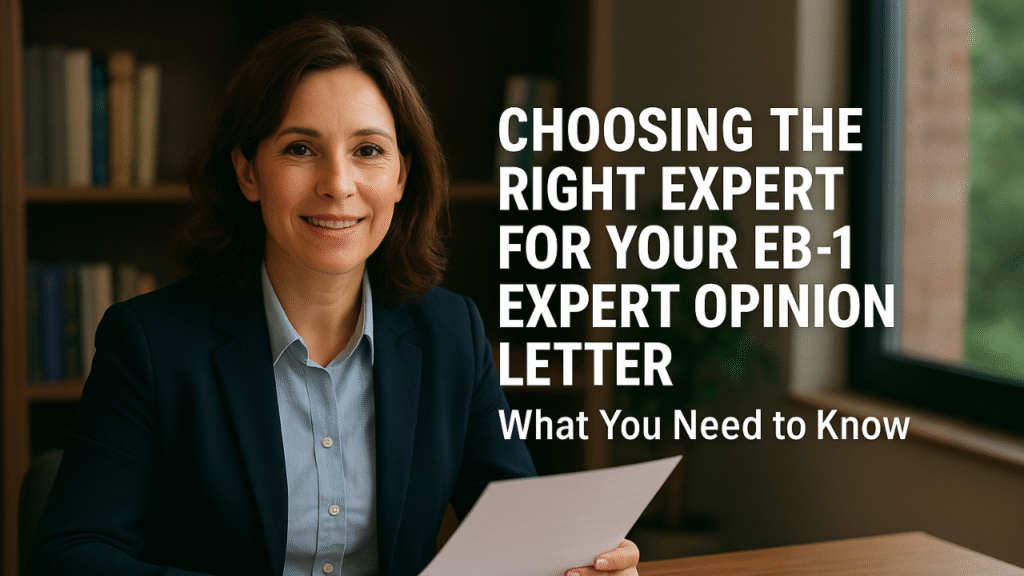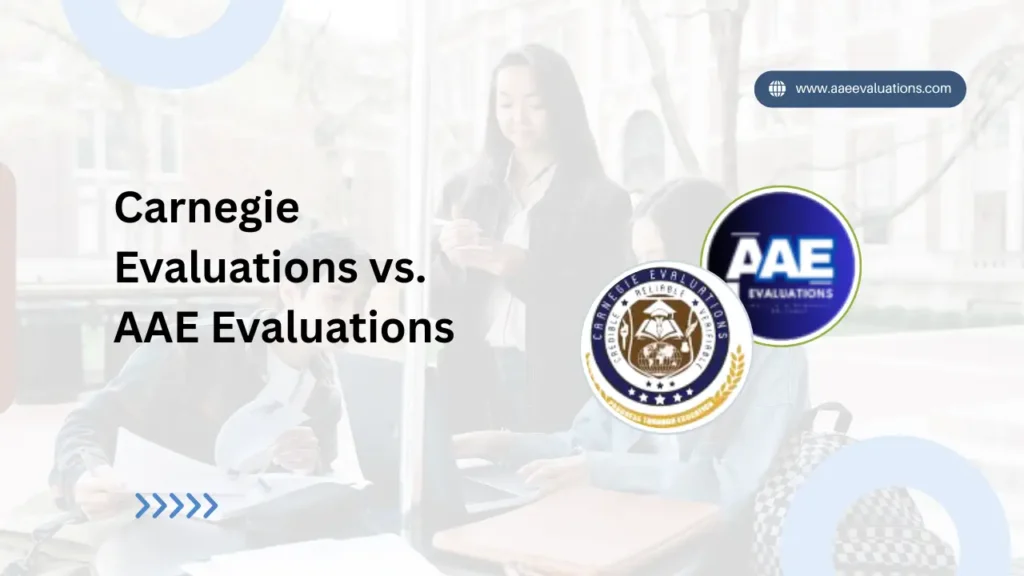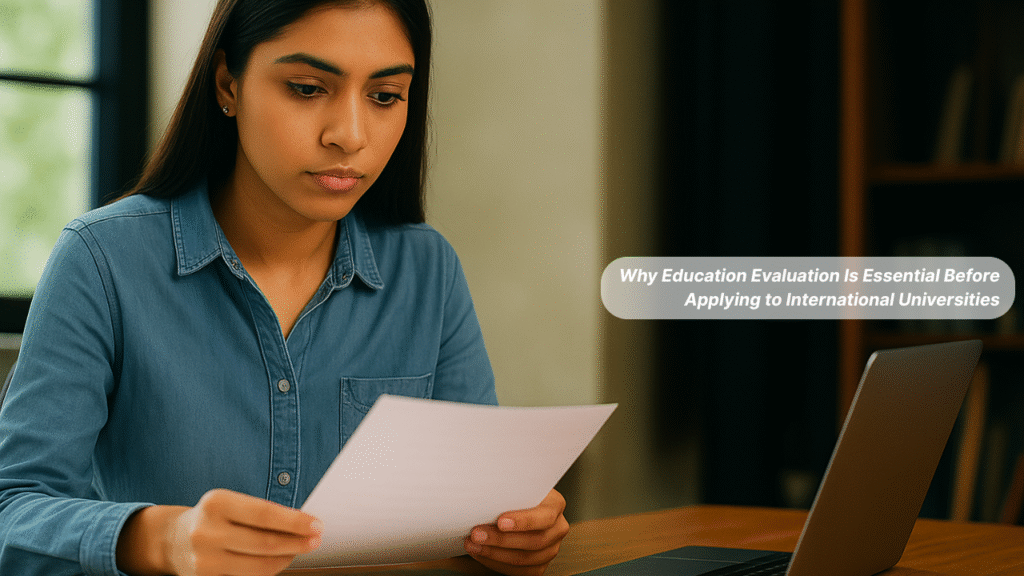Table of Contents
- Introduction
- What Is an EB-1 Expert Opinion Letter?
- Why an Expert Opinion Letter Matters for EB-1 Visa Petitions
- Qualities to Look for in the Right Expert
- Types of Experts Who Commonly Write EB-1 Opinion Letters
- How to Verify the Credibility of an Expert
- Common Mistakes Applicants Make When Choosing Experts
- How the Expert Opinion Letter Strengthens Your Case
- The Review Process: How Evaluators Assess Your Profile
- How to Collaborate Effectively with Your Chosen Expert
- Additional Evaluations You May Need for Your Visa Application
- Final Thoughts
- FAQs
Introduction
Applying for an EB-1 visa can be one of the most rewarding but challenging steps in your professional journey to the United States. This visa category is designed for individuals with extraordinary ability in fields like science, education, arts, business, or athletics. However, demonstrating that ability to the U.S. Citizenship and Immigration Services (USCIS) requires solid evidence and that’s where the EB-1 Expert Opinion Letter comes in.
The EB-1 Expert Opinion Letter is a vital document that supports your petition by providing an independent professional evaluation of your qualifications. It translates your achievements into language that immigration officers can understand and respect, backed by recognized authority in your field.
But not all experts are the same. Choosing the right professional to write your opinion letter can make the difference between approval and rejection. The wrong choice could weaken your case or raise questions about the credibility of your evidence.
In this blog, we’ll explain everything you need to know about choosing the right expert for your EB-1 Expert Opinion Letter what to look for, what to avoid, and how the right expert can strengthen your overall visa petition.
What Is an EB-1 Expert Opinion Letter?
An EB-1 Expert Opinion Letter is a formal document written by a qualified professional who reviews your background, achievements, and credentials to confirm that you meet the criteria for extraordinary ability.
USCIS requires clear, objective documentation to support your claims. The expert letter acts as a bridge between your experience and the legal framework of the EB-1 category.
This letter usually includes:
- A detailed assessment of your professional achievements.
- References to your publications, awards, memberships, and impact in your field.
- An expert’s explanation of how your accomplishments demonstrate extraordinary ability according to USCIS standards.
Essentially, it turns your experience into recognized evidence of excellence.
Why an Expert Opinion Letter Matters for EB-1 Visa Petitions
Your EB-1 petition must convince USCIS officers who may not be experts in your field that you possess exceptional skill or contribution. The EB-1 Expert Opinion Letter helps achieve that by:
- Translating technical achievements into accessible language.
- Establishing credibility through a third-party endorsement.
- Strengthening your documentation by connecting your work to EB-1 eligibility criteria.
An experienced expert understands how to highlight the most relevant evidence and align it with USCIS expectations.
Qualities to Look for in the Right Expert
When choosing an expert for your EB-1 Expert Opinion Letter, credibility is everything. Here are key qualities you should prioritize:
Academic and Professional Credentials
The expert should hold advanced degrees and have an established professional standing in the same or closely related field as yours.
Subject Matter Expertise
They should understand the technical and professional nuances of your field—whether it’s engineering, business, medicine, arts, or academia.
Experience with Immigration Evaluations
Experts familiar with EB-1, EB-2 NIW, or H-1B petitions know how to frame achievements in a way that aligns with USCIS regulations.
Objectivity
The letter should be unbiased and based on documented facts, not personal opinions or exaggerations.
Strong Communication Skills
Your expert should be able to write a clear, professional letter that’s persuasive yet factual.
Types of Experts Who Commonly Write EB-1 Opinion Letters
Depending on your profession, the right expert might vary. Some common types include:
- University Professors or Researchers: Ideal for applicants in science, education, or research-related fields.
- Industry Professionals: Business executives, engineers, or senior professionals with recognized expertise.
- Professional Association Members: Experts who hold leadership roles in industry organizations or committees.
- Published Authors or Recognized Specialists: Individuals whose work is cited or referenced in your domain.
Selecting someone with recognized influence in your area can significantly strengthen your letter’s credibility.
How to Verify the Credibility of an Expert
Before finalizing your expert, perform a quick credibility check:
- Check their academic background (degrees, institutions, publications).
- Look for professional recognition (awards, memberships, certifications).
- Review their previous opinion letters or case success stories if available.
- Confirm their independence—the expert should not have a personal or financial connection to your application.
Authenticity and professionalism matter more than just title or prestige.
Common Mistakes Applicants Make When Choosing Experts
Even qualified applicants sometimes make errors when selecting an expert. Avoid these common mistakes:
- Choosing based on convenience or low cost. The cheapest option isn’t always reliable.
- Using experts without immigration experience. Academic credentials alone don’t guarantee understanding of USCIS standards.
- Submitting a generic letter. Each EB-1 case is unique; your letter must be tailored specifically to your achievements.
- Failing to verify credentials. Always confirm that the expert is legitimate and recognized in their field.
A personalized, detailed letter carries far more weight than a generic or templated one.
How the Expert Opinion Letter Strengthens Your Case
A well-written EB-1 Expert Opinion Letter serves multiple purposes:
- It validates your professional impact through independent recognition.
- It clarifies complex details about your field for USCIS officers.
- It links your career accomplishments directly to EB-1 eligibility criteria.
When supported by strong evidence such as publications, citations, and awards—the expert letter becomes one of the most persuasive documents in your application.
The Review Process: How Evaluators Assess Your Profile
When your expert prepares the opinion letter, they typically:
- Review your résumé, publications, and achievements.
- Analyze your work against USCIS EB-1 requirements.
- Draft a comprehensive evaluation aligning your accomplishments with each criterion.
- Support each claim with documented evidence or data.
This structured approach ensures that your EB-1 petition is backed by a credible and professionally articulated endorsement.
How to Collaborate Effectively with Your Chosen Expert
To get the best results from your expert:
- Provide complete and organized documentation. Include résumés, awards, publications, and letters of recommendation.
- Communicate clearly about your goals. Make sure the expert understands which EB-1 category you’re applying for.
- Ask for a draft review. Review the letter for accuracy and clarity before submission.
- Be transparent. The expert can only build a strong case if you provide honest, complete information.
Collaboration ensures your letter fully reflects your achievements and eligibility.
Additional Evaluations You May Need for Your Visa Application
In addition to the EB-1 Expert Opinion Letter, USCIS may request other evaluations, such as:
- Educational Evaluation / Education Evaluation: Confirms the U.S. equivalency of your foreign degrees.
- Course by Course Evaluation: Details each subject, grade, and credit for academic comparisons.
- Position Evaluations: Analyzes job titles and duties to verify eligibility for employment-based petitions.
These additional evaluations can further support your case and demonstrate that your qualifications meet U.S. standards.
Final Thoughts
Choosing the right expert for your EB-1 Expert Opinion Letter is one of the most critical decisions in your visa application process. The right professional doesn’t just write a letter they interpret your achievements in a way that aligns with USCIS expectations, helping you present a convincing case for your extraordinary ability.
An effective EB-1 letter demonstrates that your skills are not just above average, but at the very top of your field. When supported by credible evidence, strong documentation, and expert evaluation, your petition stands a far higher chance of success.
FAQs
Q1. Who can write an EB-1 Expert Opinion Letter?
A qualified professional, such as a professor, researcher, or recognized industry leader in your field, can write the letter.
Q2. How long should an EB-1 Expert Opinion Letter be?
Typically between 3–5 pages, depending on the complexity of your case and supporting evidence.
Q3. Can I use more than one expert letter?
Yes, multiple letters can provide broader validation across different aspects of your achievements.
Q4. Do I need an expert from the U.S.?
While U.S.-based experts are preferred, foreign experts with international recognition can also be accepted if they meet credibility standards.
Q5. What other evaluations might support my EB-1 petition?
Educational evaluations, course-by-course assessments, and position evaluations can strengthen your case when applicable.



